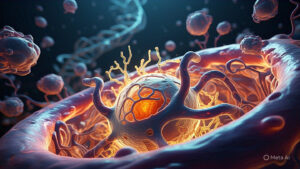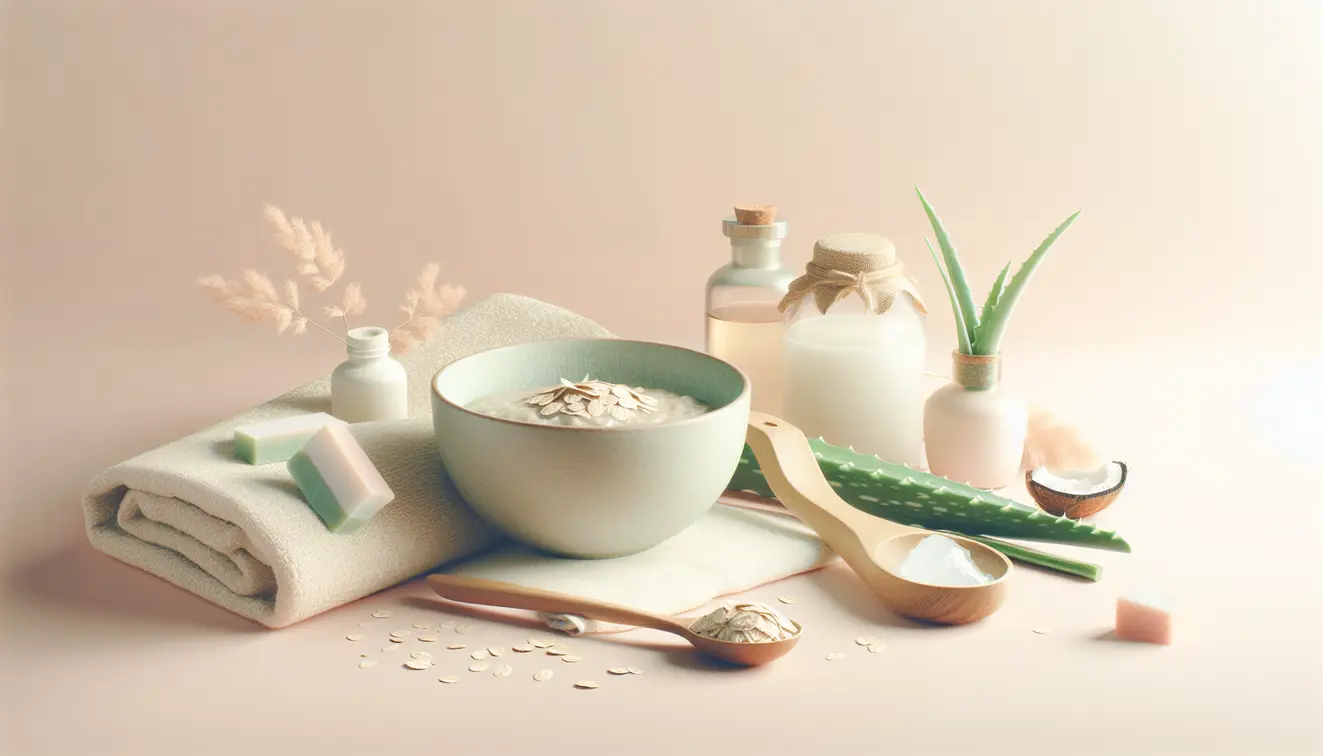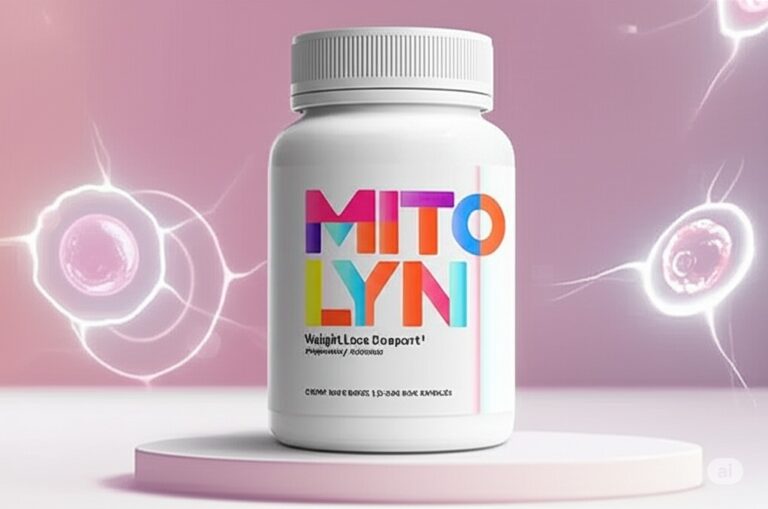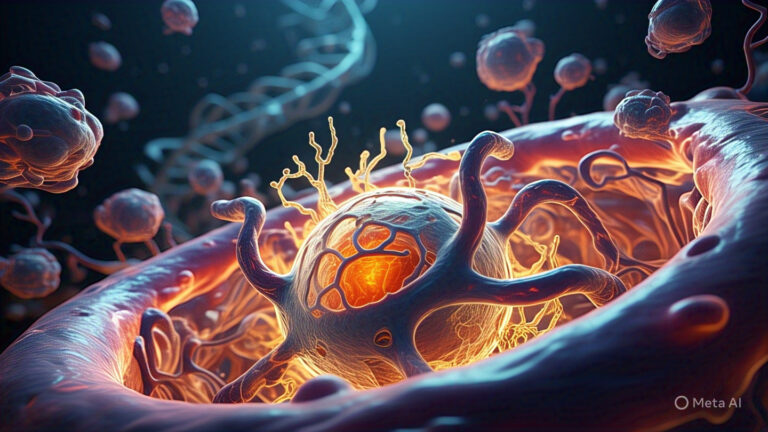Home Remedies for an Itchy Vagina: Safe and Natural Solutions for 2025
Estimated reading time: 8 minutes
Key Takeaways
- Vaginal itching can result from infections, irritants, or hormonal changes—understanding the cause is key to relief.
- Natural remedies like coconut oil, oatmeal baths, and aloe vera offer gentle, external solutions when used safely.
- Safety first: avoid internal applications and seek medical help for severe or persistent symptoms.
- Prevention through hygiene, diet, and clothing choices can reduce recurrence of discomfort.
- Science supports some remedies, but they complement—not replace—professional care.
Table of Contents
- Introduction to Vaginal Itching and Home Remedies
- Understanding the Causes of Vaginal Itching
- Safety Precautions Before Trying Home Remedies
- Effective Home Remedies for Relieving Vaginal Itching
- Prevention Tips and Lifestyle Adjustments
- Scientific Backing and Credibility of Home Remedies
- When to Seek Medical Help
- FAQ About Vaginal Itching
Introduction to Vaginal Itching and Home Remedies
Vaginal itching can be an uncomfortable and often distressing experience, but you’re not alone in facing it. At WikiHomeRemedies, we understand how this sensitive issue impacts daily life, and we’re here to guide you with safe, natural solutions. Our mission is to empower you with trustworthy information rooted in science and nature’s healing potential.
This article explores why vaginal itching happens, offers gentle home remedies, and shares vital safety tips. We’ll also help you recognize when it’s time to seek medical advice. Drawing from credible sources like the National Institutes of Health (NIH), World Health Organization (WHO), and Mayo Clinic, our guidance aligns with WikiHomeRemedies’ commitment to accuracy. Did you know that yeast infections, a common cause of itching, affect about 75% of women at least once in their lives, per NIH data? Let’s unravel the causes and find relief together as we journey toward better health in 2025. For more insights on related conditions, check out our detailed guide on yeast infections.
Understanding the Causes of Vaginal Itching
Before diving into remedies, it’s important to grasp why vaginal itching occurs. Knowing the root cause helps you choose the right approach and decide if professional care is needed. This discomfort often stems from a range of triggers, each with distinct symptoms that guide treatment.
Let’s explore some common reasons behind this irritation:
- Yeast infections often bring a thick, white discharge alongside itching, signaling an overgrowth of fungus.
- Bacterial vaginosis might cause a fishy odor with a thin discharge, disrupting natural balance, as noted by Mayo Clinic.
- Skin irritations from soaps, fabrics, or allergens can inflame the delicate area without any infection.
- Hormonal shifts, especially during menopause, may lead to dryness that sparks persistent discomfort.
- Other issues, like eczema or sexually transmitted infections (STIs), could also be at play, requiring specific care.
While these insights help, self-diagnosis has limits. Persistent or unusual symptoms deserve a closer look from a healthcare provider. Understanding these triggers sets the stage for safe solutions and precautions, ensuring you approach relief with clarity. If yeast infections are a concern, explore our comprehensive guide at yeast infections. For bacterial vaginosis, learn more about natural solutions at bacterial vaginosis remedies.
Safety Precautions Before Trying Home Remedies
Exploring natural solutions can be empowering, but safety comes first. Not every case of vaginal itching suits self-treatment, and some situations call for a doctor’s insight. Let’s walk through key precautions to keep you protected while seeking relief.
- Avoid self-treatment if you notice unusual discharge, fever, or pain alongside itching—these could signal something more complex.
- Steer clear of internal applications unless a healthcare provider approves; stick to external remedies for safety.
- Always patch-test natural ingredients on a small skin area to rule out reactions before broader use.
- Resist overusing substances like vinegar that might alter your natural pH balance, risking further irritation.
- Remember, this information serves as a guide, not a replacement for professional medical advice, aligning with WHO’s stance on unverified treatments.
These steps ensure you approach home remedies with care. They prepare you to explore natural options confidently while knowing when to seek expert help for lasting wellness.
Effective Home Remedies for Relieving Vaginal Itching
Now that safety is clear, let’s dive into natural ways to ease vaginal itching. These eight remedies, grounded in science and nature, offer gentle relief when used correctly. Follow the instructions closely, respect precautions, and tailor them to your comfort for the best results in 2025.
- Coconut Oil
- Known for moisturizing and calming inflamed skin, it’s a go-to for external irritation.
- Use pure, unrefined coconut oil, applying a thin layer to the affected area twice daily.
- Avoid internal use to prevent imbalance; wash hands before and after to maintain cleanliness.
- Oatmeal Bath
- This soothes irritated skin by reducing inflammation, offering a calming escape.
- Add a cup of colloidal oatmeal to lukewarm bathwater, soaking for 10–15 minutes.
- Rinse off afterward and pat dry gently to avoid further friction.
- Aloe Vera Gel
- With its cooling touch, aloe brings relief to itchy, tender skin naturally.
- Apply pure, additive-free gel externally, ensuring it’s free from alcohols or scents.
- Use sparingly and store in a cool place to maintain its soothing effect.
- Cold Compress
- A simple way to dial down swelling and numb persistent itching quickly.
- Wrap an ice pack in a soft cloth, applying it for 5–10 minutes.
- Take breaks to prevent skin damage from prolonged cold exposure.
- Probiotic-Rich Yogurt
- Plain yogurt supports healthy flora externally, potentially easing infection-related itching.
- Apply a thin layer of unsweetened yogurt to the area for 10–15 minutes, then rinse.
- Use only externally and avoid flavored varieties that could worsen irritation.
- Tea Tree Oil (Diluted)
- Known for antifungal traits, it tackles specific causes when used with care.
- Dilute a few drops in a carrier oil like coconut, applying externally only.
- Patch-test first, as its strength can irritate sensitive skin if undiluted.
- Proper Hygiene Practices
- Simple habits prevent irritation from building up in the first place.
- Wash with unscented soap, wear loose cotton underwear, and avoid harsh detergents.
- Keep the area dry after bathing to discourage microbial growth.
- Apple Cider Vinegar Rinse (Diluted)
- A mild rinse may help restore pH, but caution is key here.
- Mix one tablespoon of raw apple cider vinegar with a cup of water for an external rinse.
- Limit use to once daily and stop if burning or dryness occurs.
These remedies draw from trusted insights, like NIH studies on oatmeal’s calming effects or Cleveland Clinic notes on coconut oil’s skin benefits. They’re crafted to support your body’s natural balance. Remember the safety boundaries we discussed, and let these solutions complement a mindful approach to long-term comfort. For additional natural remedies related to fungal issues, check out our guide on Candida yeast infections.
Coconut Oil for Soothing Irritation
Coconut oil stands out as a gentle ally against vaginal itching. Its ability to moisturize and calm inflamed skin makes it a favorite, backed by dermatologist insights from Mayo Clinic on its anti-inflammatory nature. For many, it’s a household staple turned remedy.
To use it effectively, grab pure, unrefined coconut oil for the cleanest results. Apply a small amount to the external irritated area with clean hands, repeating morning and evening. Keep it external to avoid disrupting internal balance, and store it away from heat to preserve quality. This simple step can bring a sigh of relief when irritation strikes.
Prevention Tips and Lifestyle Adjustments for Long-Term Comfort
Relief is vital, but preventing vaginal itching from returning holds equal weight. Small, everyday changes can guard your comfort over time. Let’s break these habits into key areas for a healthier routine.
- Clothing Choices: Opt for breathable cotton underwear and loose-fitting pants to reduce moisture buildup. Tight fabrics trap heat, inviting irritation or infections.
- Hygiene Habits: Skip douching, as it disrupts natural flora; instead, cleanse with unscented soap. Harsh products often strip away protective barriers.
- Dietary Balance: Boost probiotic foods like yogurt while cutting back on sugar to deter yeast growth. WebMD highlights how sugary diets can feed infections.
- Hydration Focus: Drink plenty of water to combat dryness that worsens itching. Staying hydrated supports skin health from within.
These tweaks weave seamlessly into daily life, reinforcing the remedies you’ve tried. They build a foundation to keep discomfort at bay, guiding you toward lasting ease with nature’s support. To dive deeper into preventing urinary tract issues that may contribute to irritation, explore our guide at UTI remedies.
Scientific Backing and Credibility of Home Remedies
Trust in natural solutions grows when science supports them. Research from sources like NIH and Mayo Clinic sheds light on why remedies such as oatmeal baths or coconut oil ease skin irritation. For instance, NIH studies point to oatmeal’s ability to reduce inflammation, making it a reliable choice for soothing baths.
Gynecologists often note that external care with natural moisturizers can complement medical treatments for mild cases. Yet, they remind us that not every remedy suits every person—especially if an infection needs targeted medication. WHO guidelines echo this, urging caution with untested approaches. While these options carry value, as seen in studies on aloe vera’s cooling effects, they work best alongside informed decisions. This balance of nature and evidence ensures you tread a safe path to relief.
When to Seek Medical Help for Vaginal Itching
Home remedies offer a starting point, but some signs demand a doctor’s attention. Recognizing these moments is an act of self-care, not a setback. WikiHomeRemedies encourages you to prioritize health with confidence.
- Red Flags to Watch: Unusual discharge, fever, or itching lasting over 3–5 days signal deeper issues. Severe pain or recurring symptoms also warrant a check.
- What a Visit Entails: Expect a gentle exam, possibly swabs or questions about symptoms, to pinpoint the cause. Cleveland Clinic stresses timely diagnosis prevents complications.
- Embrace Support: Seeking help shows strength in caring for your body’s needs. It’s a step toward lasting solutions.
Trust your instincts if something feels off. Medical guidance pairs with natural care, ensuring you’re fully supported on this journey.
FAQ About Vaginal Itching
Curiosity often lingers around this topic, and we’re here to clarify. Let’s address a few frequent concerns with straightforward answers, deepening your understanding of vaginal health.
- Are home remedies safe for everyone? Not always, since allergies or hidden conditions can complicate things. Consulting a doctor ensures safety for your unique situation.
- What is vaginal flora, and why does it matter? It’s the natural balance of bacteria protecting the area. Disruptions often lead to itching, making gentle care essential.
- Which remedies work best for yeast-related itching? Probiotic yogurt and diluted tea tree oil stand out for their flora-supporting and antifungal traits. Use them externally with caution.
- How do oatmeal baths compare to cold compresses for relief? Oatmeal soothes skin over time through anti-inflammatory effects, while compresses tackle immediate swelling. Choose based on urgency.
These insights aim to ease lingering doubts, reinforcing the remedies and causes we’ve explored. They’re rooted in general health guidance from platforms like WebMD.










